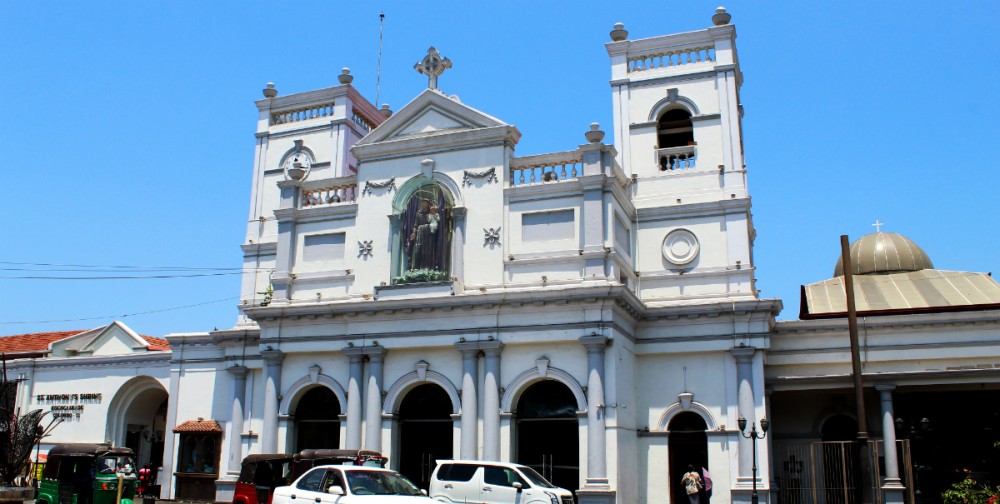Religious services canceled after Sri Lanka church bombings
“What was attacked was Sri Lanka’s strained but still living tradition of inter-religious and inter-ethnic cooperation and friendship,” wrote one NGO leader.

(The Christian Science Monitor) In the week following the multiple bombings of churches and hotels in Sri Lanka on Easter Sunday, Muslim leaders discouraged attending Friday prayer services and Catholic churches canceled Sunday mass.
Killing more than 250 people and wounding hundreds more, it was Asia’s deadliest terrorist attack in decades.
News of the attack seemed to fit an all too familiar pattern: one more massacre against a religious community that would heighten interfaith tensions. Two days later, the self-described Islamic State claimed responsibility.





